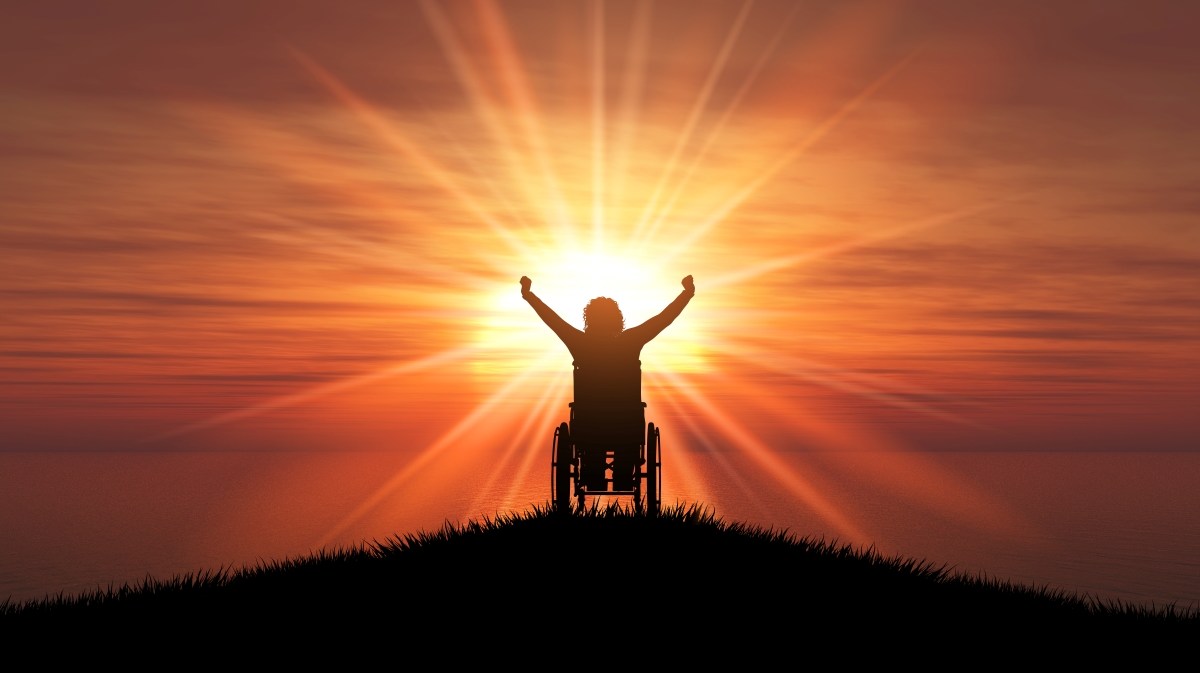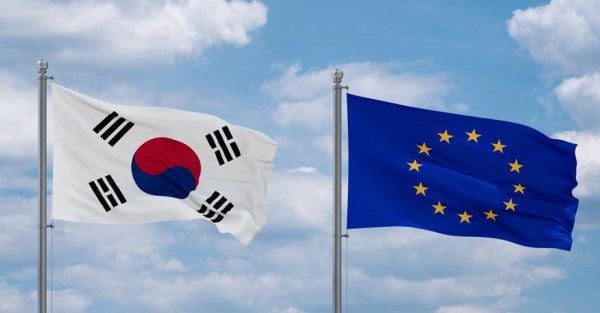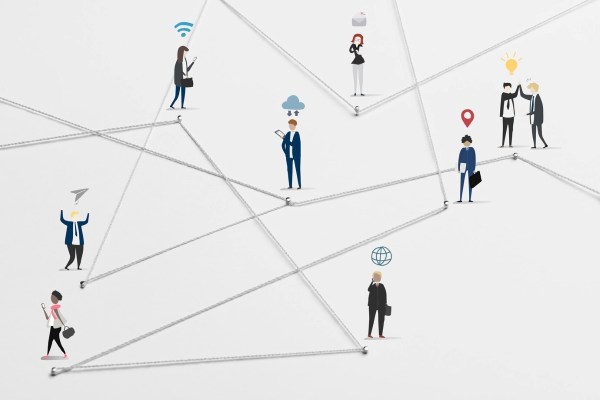Spain hosted the Regional Forum ‘Accessible Europe: ICT for all’, organized by the International Telecommunications Union and the European Commission. The event was sponsored by the Secretary of State for Telecommunications and Digital Infrastructure (SETID) and supported by the ONCE Foundation for Cooperation and Social Inclusion of People with Disabilities.
Dr. Cosmas Luckyson Zavazava, Director of the ITU Telecommunication Development Bureau, and Helena Dalli, European Commissioner for Equality, attended the forum. On the Spanish side, María González Veracruz, Secretary of State for Telecommunications and Digital Infrastructures, and María Rosa Martínez Rodríguez, Secretary of State for Social Rights, Consumption and Agenda 2030, as well as Miguel Carballeda Piñeiro, President of the ONCE Foundation, spoke on behalf of Spain.
Catherine Bohill, Director of Development and ESG Impact at Telefónica, presented the company’s approach to accessibility for people with disabilities during the panel on ‘Universal Design of technology for digital inclusion’ in which Telefónica participated.
At Telefónica, our mission is to make our world more human by connecting people, leaving no one behind, because we understand that it is people who give meaning to technology, not the other way around. That is why we are committed to making our products, services, channels and facilities accessible. For new products and services, in line with our Responsible Design project, we aim to make 100% of them accessible by 2025.
Our commitment is not only in line with our mission, but is also closely linked to our business. With around 15% of the population living with a disability, which represents a market opportunity, our commitment to accessibility has a positive impact on the bottom line.
In addition, at Telefónica we believe that in order to understand the diversity that exists in society, we need to have the same diversity in our workforce. We believe that diverse teams, when managed with an inclusive perspective, deliver better results. That is why we aim to double the number of professionals with disabilities working at Telefónica between 2022 and 2024.
Accessibility standards
Other participants emphasised different aspects of technology and the standardisation of common criteria to promote accessibility, stressing that standardisation allows us to establish a base from which to build together, as this is an ecosystem that will only grow in the future.
This development of accessibility standards and their implementation by companies requires the participation of those who will use the services. In this regard, we as a society are challenged to involve people who have first-hand knowledge of these diverse needs in all stages of technology development and design.
Furthermore, the process needs to be end-to-end, because while standards help to provide a framework for compliance, it is necessary to distinguish between compliance and usability. Therefore, it is not enough to simply design and adopt standards; they must be fully monitored throughout the lifecycle of all services and products.
Telefónica’s commitment to accessibility is part of its overall digital inclusion strategy, which aims to reduce the digital gap. The company’s commitment to accessibility is part of its overall digital inclusion strategy, which aims to reduce the digital divide, reflecting and highlighting the social, cultural and economic inequalities that can result from lack of access to the Internet. Creating an inclusive technological environment that leaves no one behind has a positive impact on society, helping to transform communities and boost the economy.












